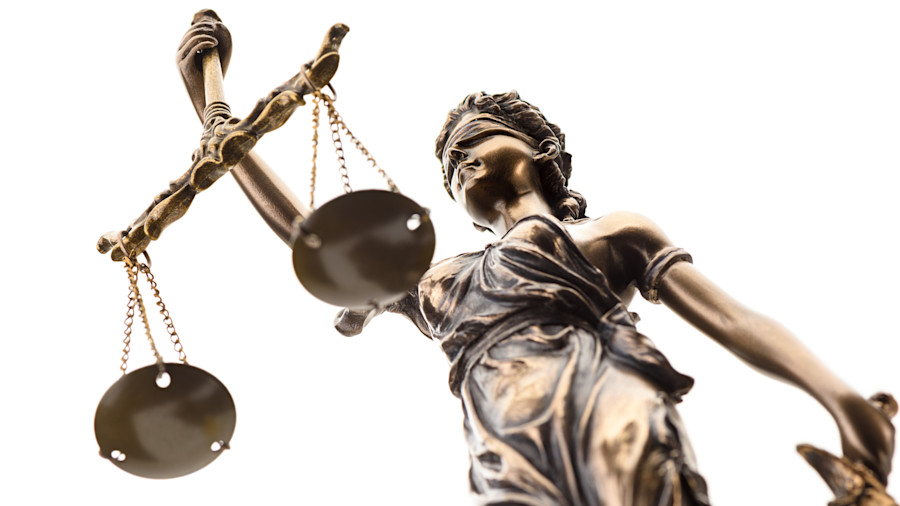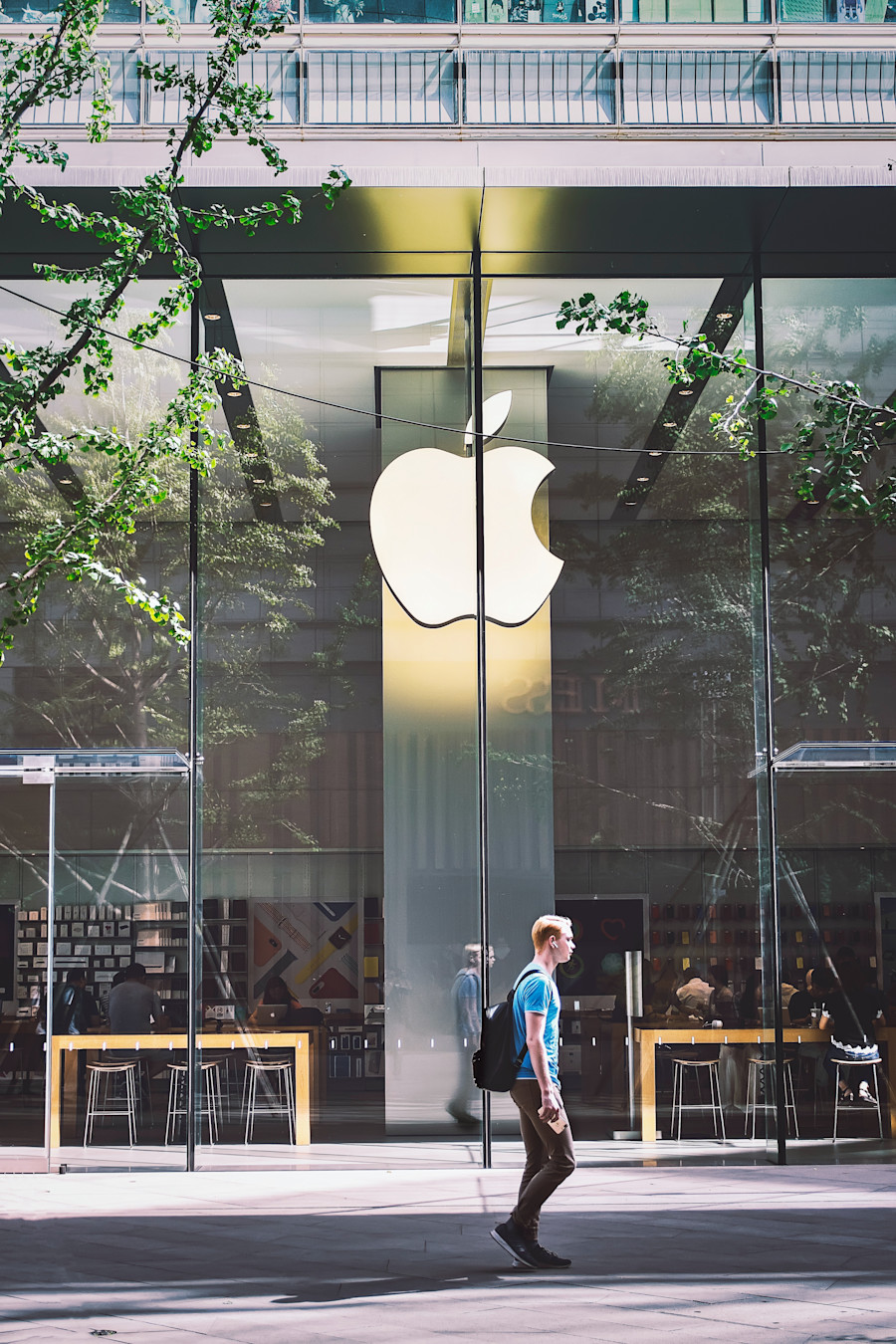
How To
Apple Case Underscores Rights To Digital Legacy
In a recent report out of Italy a civil court in Milan ruled that Apple must turn over an iCloud account belonging to a deceased boy. Although the boy died more than a year ago the parents wished to access the account to obtain the photos, videos and other content to "try to fill at least part of the sense of emptiness." He apparently also saved recipes in his iCloud account and was a burgeoning chef.
The story goes on to report that Apple apparently denied the initial request and said it needed to protect the privacy of any third parties and contacts of the boy and its customers. The company also reportedly suggested the parents review the country's Electronic Communications Act to obtain "legitimate consent." But the judge disagreed and ruled that keeping their child's memory alive was enough to satisfy "legitimate interest" as relates to EU law.
(Full story here: https://www.imore.com/apple-ordered-hand-over-icloud-content-parents-deceased-son.)
(Open the following link to learn about How To Deactivate An Apple Account When Someone Dies: https://mygoodtrust.com/articles/how-to-deactivate-an-apple-account-when-someone-dies.)

The policy puzzle
There will only be more attention paid to stories like this one as long as the issue of digital legacy continues to swell alongside the world's connected population and we all exist online at an exponential rate. But on the legal side, even with modest improvements and statutes to provide users with more rights, there is no standardization of policy globally. It’s time that laws reflected reality when it comes to our privacy, our rights, and the rights of our family, while ensuring that tech companies are held responsible for addressing it all in a humane, thoughtful, and dignified manner. We owe it to future generations to create better policy and management to respect the dead and provide them a true state of R.I.P.
The reality is that tech companies generally don’t change their products unless and until their consumers make it clear they aren’t happy and demand something better. Sure, there are always updates and additions and improvements, but shifting priorities is driven by a bottom line and something like managing anyone’s digital afterlife is now at an inflection point. None of the tech companies have completely solved these challenges, and for now the approach is a patchwork of privacy considerations, legal ramifications, public demand, personal interests, ethical puzzles, and technological limitations.
The laws of the land
The U.S. Uniform Law Commission, an association empowered to suggest laws to be enacted across the country, introduced a law in 2014 and 2015 that was intended to allow access to any online accounts of the deceased (no matter the age of the person involved) by the loved ones unless otherwise stipulated in a will or trust. But even after the bill was proposed in twenty-six state legislatures, tech companies like Google, Facebook, and others pushed back with an alternative version that requires people to obtain court orders to gain access to someone’s account after they die.
As anyone who has tried to get a court order knows, that can be a time-consuming and tedious process, especially for those also dealing with loss. A watered-down version was adopted in forty-four states but still makes it relatively difficult for anyone to get into someone’s account, even if it’s a close family member, such as a parent trying to learn more about what happened to their child.
This patchwork of requirements and settings is not only confusing for many users, but it also means they are often forced to circumvent any restrictions by trying to obtain a user’s login and password information to manage a loved one’s digital afterlife themselves--without the involvement or approval of the tech company. Think of it as a slightly underground approach to digital afterlife management (and another reason why we highly recommend adding your phone code to your GoodTrust profile).
For example, when someone dies the family may want to alert contacts about what happened or delete the deceased’s profile entirely, but either way they feel compelled to act as soon as possible to minimize any swirl or heartache that could result from misunderstandings or misuse. That might mean guessing passwords or trying to get access by any means necessary. Why worry about the possibility of violating an obscure law or rule when a person’s legacy is at risk of being exploited or trampled? Yet, all these good intentions may be violating a website’s terms of service and setting up for legal headaches or risk.
How to get started
For now, a few tips:
Knowing your rights sounds like a cliché--and it is. But it doesn’t make it any less relevant or important especially when it comes to a relatively nascent space like the preservation of information after someone dies. Do your legal research, and don’t be afraid to ask questions.
We live in a globally connected world with a mishmash of privacy and security laws that are constantly playing catch-up. But that doesn’t mean giving up. Source the experts who know the current situation; sometimes that means hiring legal counsel.
The employees at tech companies are human, too, and, ideally, are sympathetic to what it means to obtain information about one’s digital life. As we slide further along this time line of merging online and offline worlds, it’s up to tech companies and others, including government officials, to help take the lead and ensure people are informed and empowered. It doesn't hurt to be vocal about your concerns.
(Part of this article are taken from the book Digital Legacy: Take Control of Your Online Afterlife - for more including reviews and how to buy it just visit https://mygoodtrust.com/book)